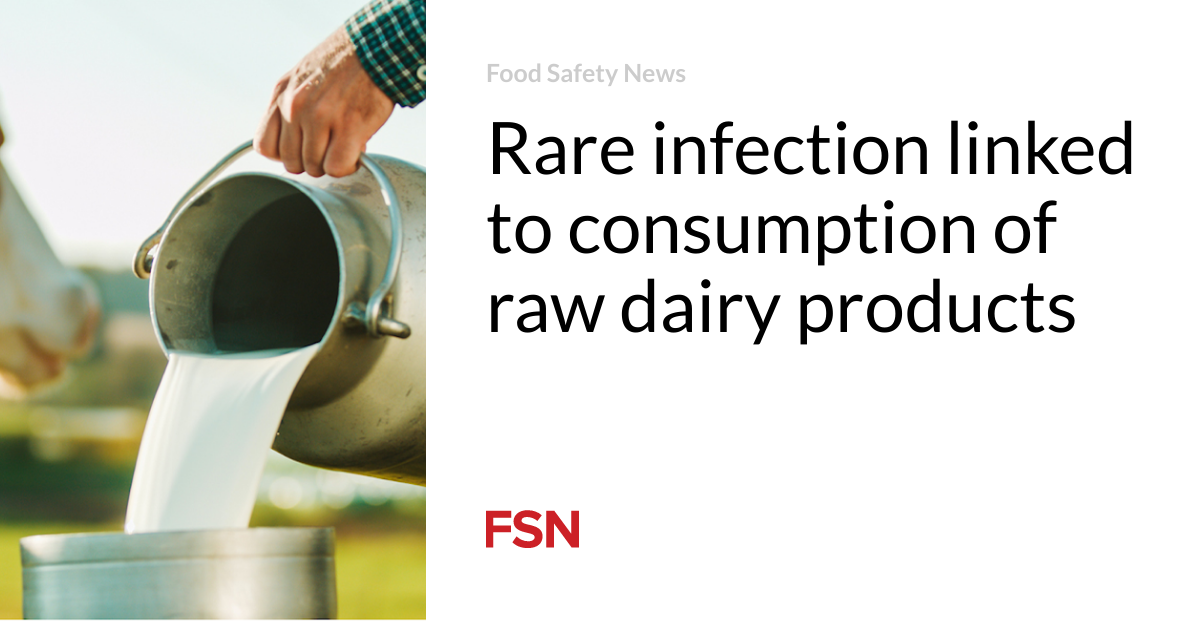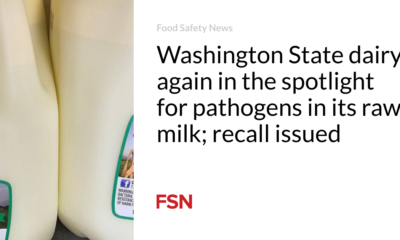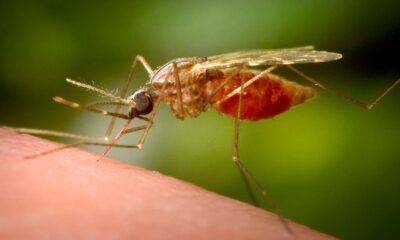Food
Rare infection associated with the consumption of raw dairy products

Scientists in India have reported a rare case of infection in a woman who consumed unpasteurized dairy products before becoming ill.
Lactococcus lactis cremoris, formerly known as Streptococcus lactis, is rarely reported as a cause of human infections. It is widely used in the production of fermented products in the dairy industry. Because it lives on the skin of cattle, it is believed to contaminate milk.
Bacteria used in food preparation are usually killed during digestion. However, Lactococcus remains viable even after passing through the gastrointestinal tract.
The study, published in Cureus, a journal of Springer Naturedescribes a probable case of food poisoning caused by Lactococcus lactis cremoris in an adult woman. A 58-year-old woman was brought to the emergency room with a history of sudden onset of high fever, vomiting, seizures, and loss of consciousness.
Link to raw milk products
Researchers from the Maharishi Markandeshwar Institute of Medical Sciences and Research in Ambala, India, said Lactococcus lactis cremoris was isolated from her blood culture. The patient’s history included travel to a local pilgrimage and the consumption of unpasteurized dairy products leading up to the incident.
A detailed history was taken from a family member to determine the source of the infection. The patient had been on a pilgrimage during which she consumed food, dairy products and water. Although uncertain, consumption of unpasteurized milk or dairy products could be the source of infection in this case, scientists said.
There are no standard guidelines for the treatment of Lactococcus lactis infection, but she received intravenous doxycycline and recovered after seven days of treatment with sterile blood cultures during follow-up.
Researchers say that because the source of infection, risk factors, clinical presentation and antibiotic susceptibility of cases of Lactococcus lactis are relatively scarce, documentation of such events is essential to gather more relevant information.
“Although Lactococcus lactis was previously known to be non-pathogenic, it has been the etiological agent of several human infections. In a patient with a history of consumption of unpasteurized dairy products, it is essential that the physician excludes Lactococcus lactis infection,” she added.
Another study, published in the Journal of Medical Case Reports in 2023, describes the case of a 56-year-old Moroccan man who was hospitalized with a Lactococcus-associated liver abscess and endocarditis. Consumption of unpasteurized milk was reported.
(To sign up for a free subscription to Food Safety News, click here.)













